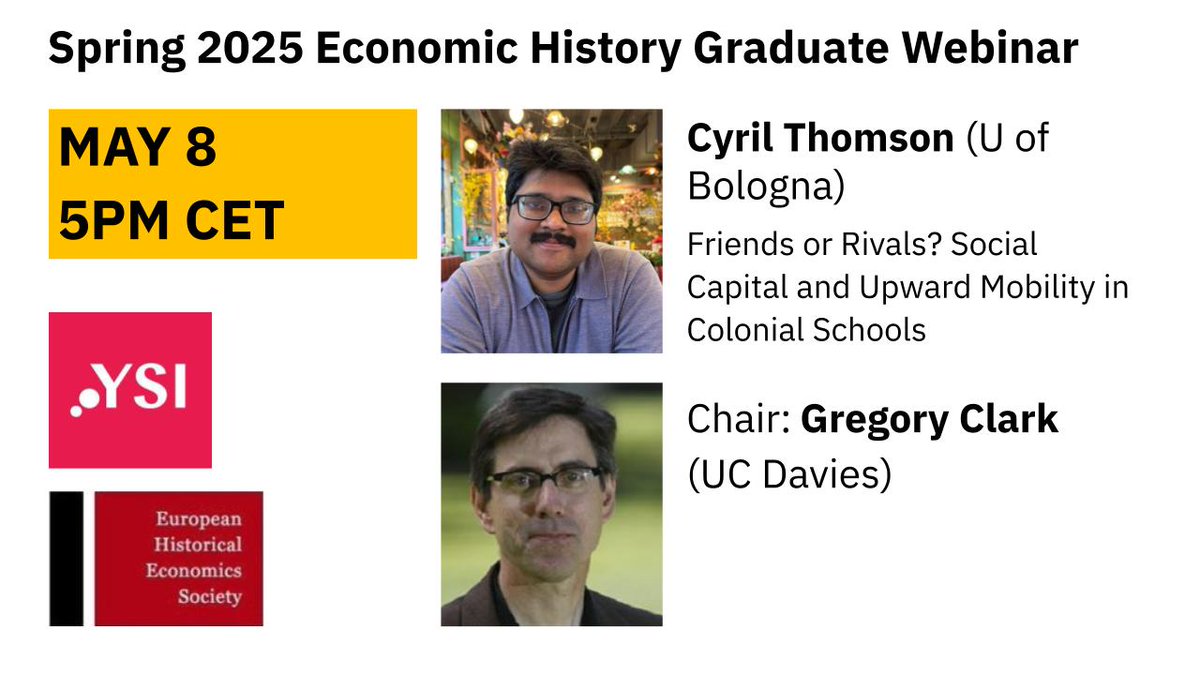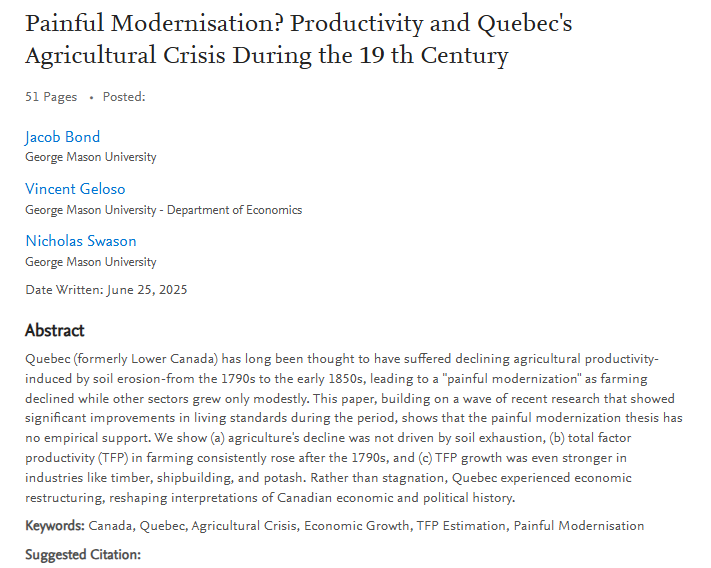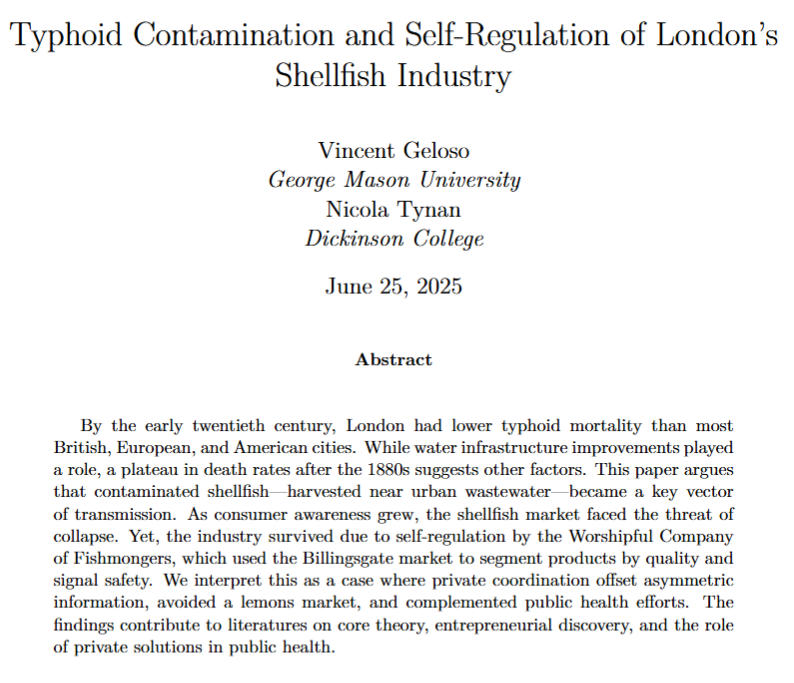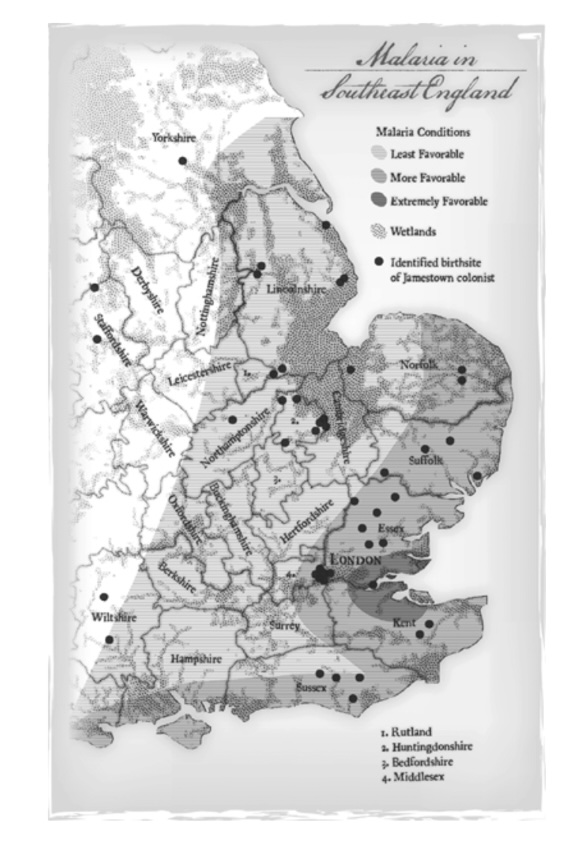
Matt Curtis
@econmattcurtis
Economic historian, AP @SDUeconhist. Researches demography and human capital.
@mjdcurtis.bsky.social
ID: 1103409291728310272
http://www.mjdcurtis.com/ 06-03-2019 21:37:30
412 Tweet
366 Followers
488 Following

This week, two of my PhD students (Eric Wilhelm and Patrick Fitzsimmons) are defending their dissertations. Both are taking post-docs next year. Follow them so you can hire them as professors the year after (links below).

Thrilled to co-organise the first ever LSE-PSE joint Economic History Workshop which will take place soon (29-30th of April) at PSE with an amazing lineup of LSE Department of Economic History and Paris School of Economics students and staff: #econhistory #econtwitter




🔔Next Thrusday at 5pm CET it's time for another #econhist discussion with Cyril Thomson (U of Bologna):Friends or Rivals? Social Capital and Upward Mobility in Colonial Schools 📝We are happy to welcome Gregory Clark (UC Davis Economics) to chair the event 🚀See you online soon!




🔔This Thursday at 5pm CET, don’t miss our next #econhist session led by @gjmbrown (Laboratory for the Economics of Africa's Past): The Persistent Effects of Bible Translations in Africa 📝With Felix Meier zu Selhausen (Utrecht University) as chair — great to have him join us! 🚀See you online!


🚨 PhD course HEDG (Historical Economics and Development Group) this August! "Historical Perspectives on Current Econ Issues: Big Data & Applications" 📅 Aug 11–22 | Odense 👨🏫 Christopher Meissner (UC Davis) Apply by July 1 #econtwitter sdu.dk/en/forskning/f…


📢 Coming soon! Paul Sharp, alongside coauthors Gunnar Persson and Markus Lampe, will soon publish their book: "An Economic History of Europe" with Cambridge University Press. Get yourself a copy: 🔗 cambridge.org/highereducatio…





Our paper with Francesco Cinnirella Erik Hornung “Flow of ideas: Economic societies and the rise of useful knowledge” is out in print The Economic Journal🚨 In this paper we investigate the importance of knowledge sharing societies from the 18th century on long-run innovation. Read on for more -->













